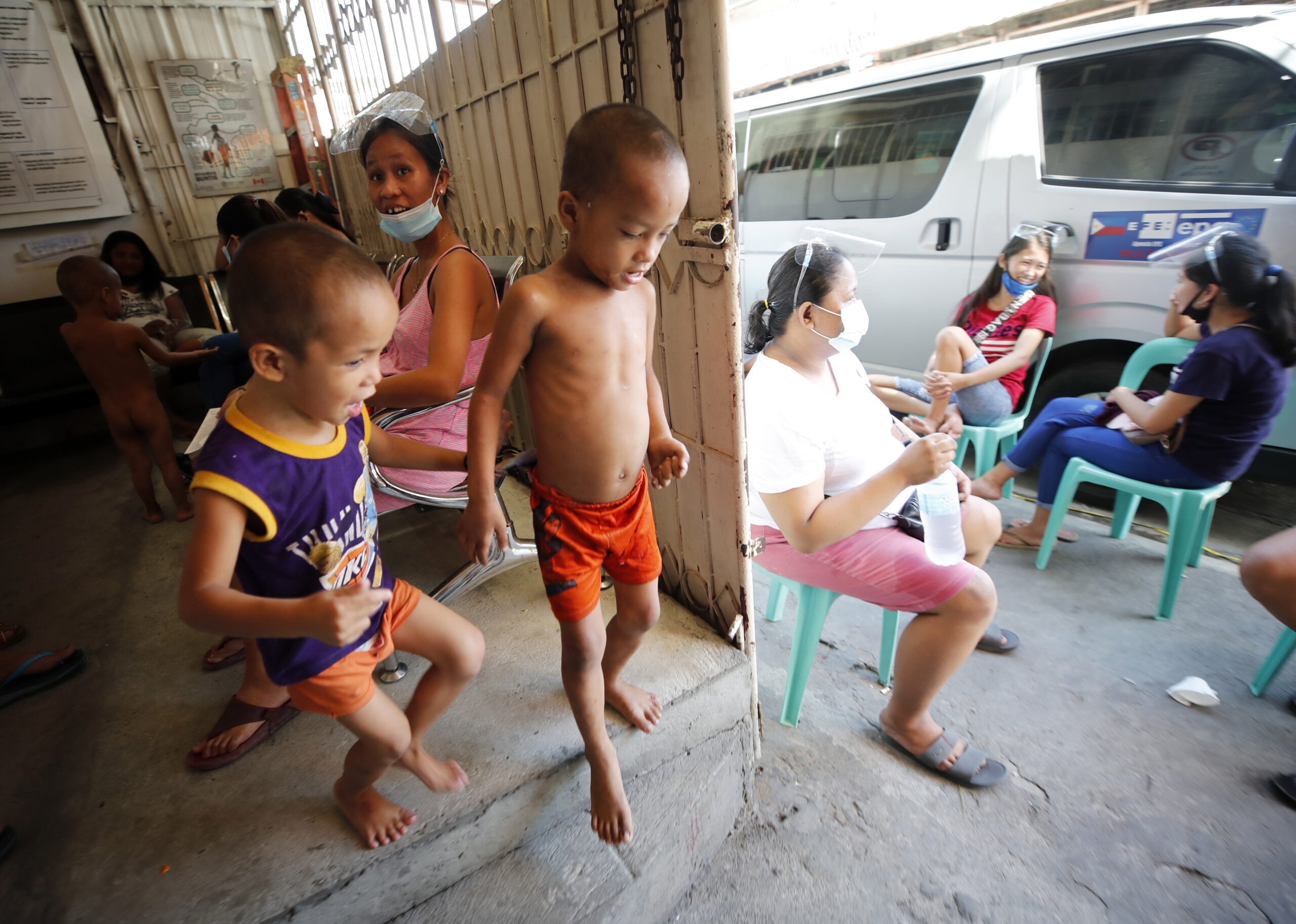Unicef asked the Philippine authorities on Friday to ease the harsh restrictions that affect minors, the most affected by the strict confinement that has been experienced by the covid-19 in Manila, now affected by a serious rebound in infections.
Given the new wave of cases in the metropolitan area of Manila, the confinement of children under 17 years of age at home for two weeks has been ordered again, “something that can be considered a violation of the rights of the child,” UNICEF said in a release.
The Philippines today registered its record of daily infections since the beginning of the pandemic, 7,103 infections in one day, which brings the balance of cases in the country to more than 648,000, with a positivity ratio of 15%, a figure that is not known. it had been going since April of last year.
“As the pandemic enters its second year, the impact on the psychosocial well-being and mental health risks of children and young people are taking their toll. Due to the restrictive containment measures adopted since the beginning of the pandemic, children have lived far from members of their family and relatives, teachers and friends ”, recalled Unicef.
The Philippines imposed one of the longest and strictest confinements in the world at the start of the pandemic, which was slowly and progressively relieved after four months, except in the case of minors, who were only allowed to leave the house. in emergencies.
After Christmas, after ten months of confinement, the children were allowed to go out into the streets, a measure that has now been reversed, causing many complaints among parents. Meanwhile, face-to-face education is still banned and with no signs of resuming face-to-face classes until next year.
“They have been learning from home, often facing incredibly challenging circumstances. For those who experience violence, neglect or abuse at home, the confinements left them stranded with abusers and without the necessary support”, indicated the United Nations Children’s Fund (UNICEF).
The international entity insisted that public health measures to contain the pandemic “must respond to the best interests of the child, not cause further harm and prioritize their well-being and dignity.”
According to the World Health Organization (WHO), the pandemic has disrupted mental health services in 93% of countries around the world amid an increase in cases of depression and anxiety.
The data shows that even before the pandemic, children bear the greatest burden of mental health risks, with half of mental disorders developing before the age of 15 and 25 percent in early adulthood.
Some 800,000 young people commit suicide each year in the world and self-harm is the third leading cause of death among young people between the ages of 15 and 19.

